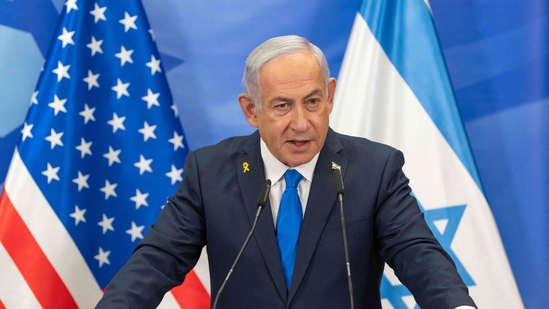Israeli Prime Minister Benjamin Netanyahu’s office is facing fresh controversy after police arrested two of his close associates over allegations of promoting Qatari interests in Israel. The scandal, dubbed “Qatargate” by local media, centers on claims that Netanyahu’s advisers worked to improve Qatar’s public image while the Gulf state was mediating ceasefire negotiations between Israel and Hamas.
The two aides, longtime media consultant Jonatan Urich and former spokesman Eli Feldstein, are accused of accepting payments funneled through an American lobbyist to push pro-Qatar messaging. Reports suggest they also sought to discredit Egypt, another key mediator in the Israel-Hamas ceasefire talks. Israeli authorities are investigating potential charges, including contact with a foreign agent, bribery, fraud, money laundering, and breach of trust.
Qatar, which has no formal diplomatic ties with Israel, is widely viewed as a supporter of Hamas. While it denies backing the militant group, it has played a significant role in ceasefire negotiations and has financially supported Gaza. Analysts believe the alleged campaign aimed to improve Qatar’s standing in Israel and prevent criticism from influencing U.S. policy.
The affair has fueled political tensions in Israel, with critics accusing Netanyahu of weakening state institutions and attempting to obstruct investigations. His recent bid to dismiss the head of Israel’s domestic security agency, which is probing the case, has further intensified scrutiny. Netanyahu, already embroiled in a long-running corruption trial, has dismissed the investigation as a politically motivated attack against his leadership.
The scandal has sparked public outrage, particularly given Netanyahu’s past approval of Qatari funds being sent to Gaza. Many Israelis now question the extent of foreign influence over top government officials. As the investigation unfolds, it could have significant implications for Netanyahu’s political future and Israel’s diplomatic landscape.








 India
India












